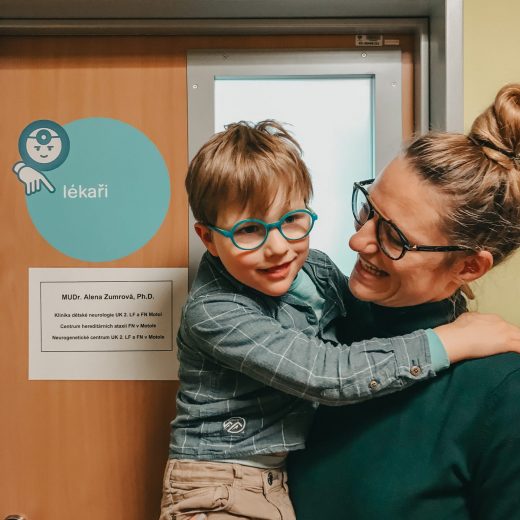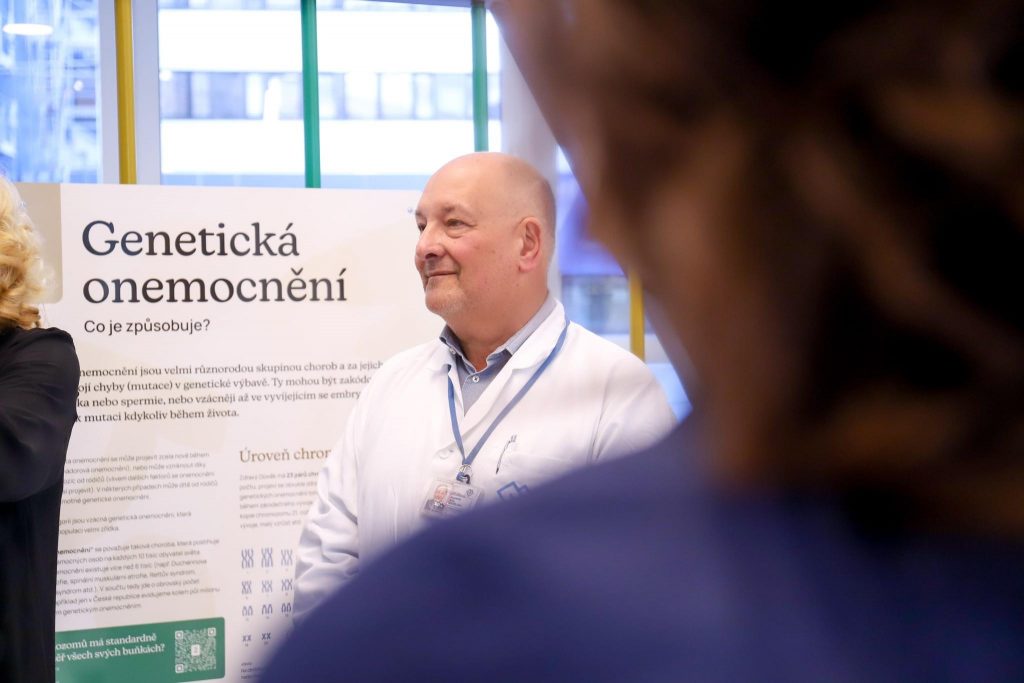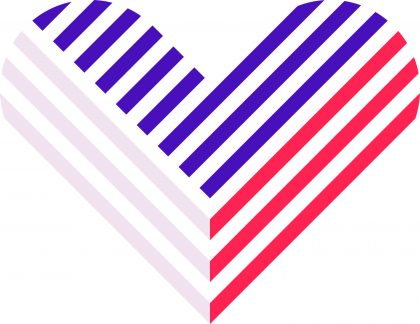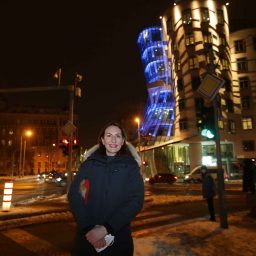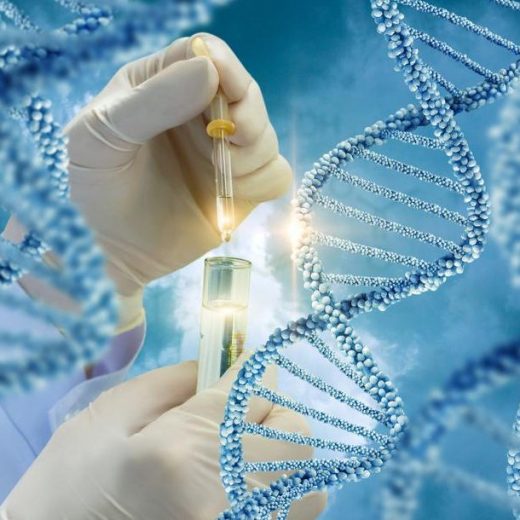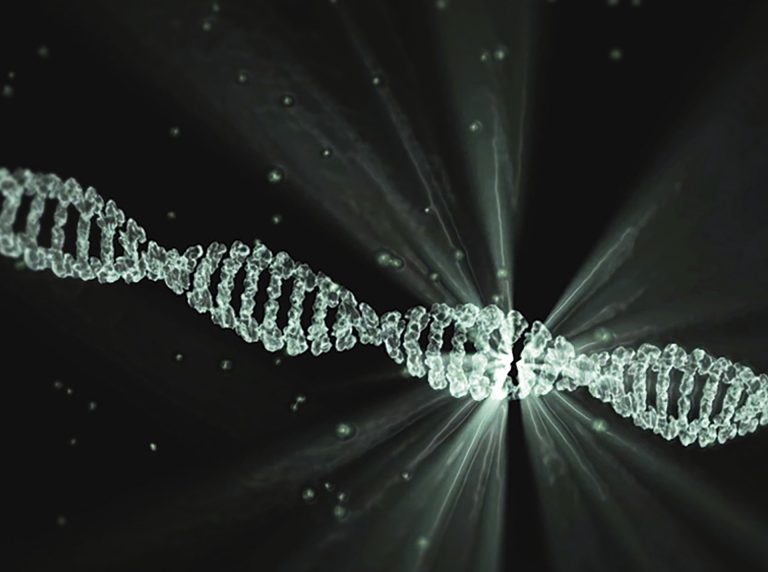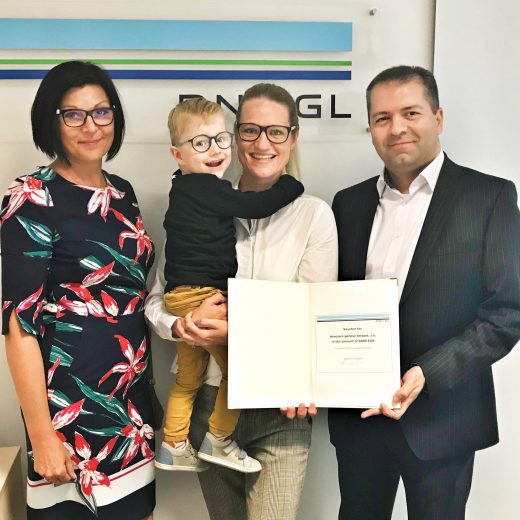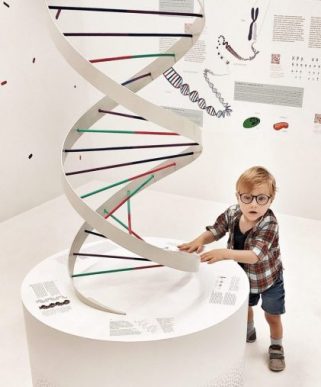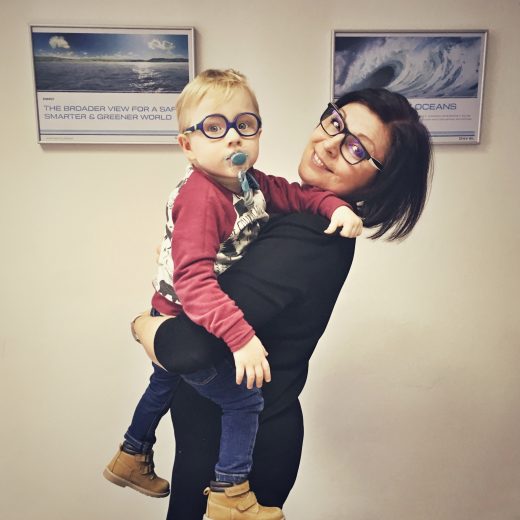We are incredibly honoured to welcome a new addition to our team on the expert board. We greatly appreciate the doctor for her lifetime of experience in neurology and her willingness to support patient efforts.
Our core mission is to bridge the worlds of science, medicine and patients. Thanks to the doctor, that will be a little easier again. As a first goal, she and I set out to find out the current real number of patients with Angelman syndrome in the Czech Republic. If you were surprised that such an elementary figure is missing, it is indeed a sad fact. There is no institution in the Czech Republic that is obliged to publish such data. However, knowing the most accurate number of patients is essential for any further action. All in accordance with GDPR, of course, we are concerned with an anonymised aggregate count of all patients like Oliver.
Doctor, welcome to the team. We’re really excited about this.
MUDr. Alena Zumrová, Ph.D.
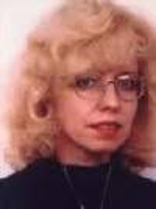
She has been working since 1982 at the Department of Child Neurology at the 2nd Faculty of Medicine, Charles University in Prague and Motol University Hospital in Prague.In 2008, she founded the Motol University Hospital Hereditary Ataxia Centre with nationwide coverage, which in 2018 was awarded the status of a reference centre within the European Reference Network for Rare Neurological Diseases (ERN-RND). It focuses on neurodevelopmental, neurometabolic, neurodegenerative and neurogenetic rare diseases.
